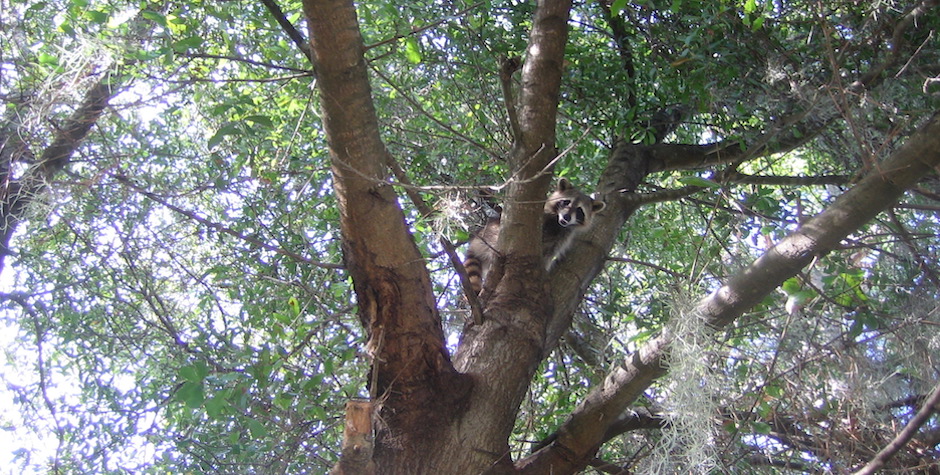Do Raccoons Hibernate
Beautiful with its dark mask of patches covering its white eyeballs, these omnivores are easily recognized as furbearers with a ringed tail. If you are a movie lover, you'd be familiar with Rocket, the raccoon from Guardians of the Galaxies. Raccoon, generally known as coon, is a word that comes from Algonquin origins. Raccoon means "arcoughcoune" which means one who scratches with his hands. Raccoon might look like giant rats, they are not. They are close relative to bears. Raccoons are great in adapting into various weather conditions including the winter.
Curious about intelligence, they always look to learn. They are good climbers and good swimmers. There have been instances of them drowning hounds in rivers. Raccoons are omnivorous animals. They are opportunist, they feed primarily on crayfish, frogs, nuts, fruits and any small warm blooded animals. They favor eating sweet corn and fishes. Washing off foods is a common activity of raccoons. What happens to these intelligent creatures during winter? Since they are less seen, do they hibernate?
If you think raccoons hibernate, you're about to be surprised. They do not. They do not fancy long range migration as with the likes of monarch butterflies. They however will find an appropriate winter den to live in during this period. Dens might range from trees and burrows underground to houses and even your attic. Aggressive and heavy, raccoons can knock out other animals from their den. Solitary animals, you may find them in groups during this period
It's so common to see raccoons search for food during summer. Freezing temperatures makes food scarce, which makes the winter a challenging period for raccoons. However, they have developed to bypass the hunger period. As opportunist, they can eat anything that comes their way. Fruits, eggs, insects, refuses from garbage are sources of nutrients. They take advantage of any available food to keep up with their need for food. When they feel it's warm enough to leave their den, raccoons search for food.
Raccoons are not hibernators. They may enter a hibernation-like state called Torpor. This is an unusual of reserving energy. They can sleep in a curled position for weeks. This will lead to reduced metabolism, hence, lowering the required energy to survive. Reduced temperature and rise in insulin production decreases sugar usage. During warm days, they forage for food. Although not hibernation, torpor plays a significant role in keeping raccoons through the winter.
To combat starvation, raccoons build fat storage during the summer and autumn period. With weights varying from 10 pounds in males from southern regions to over 50 pounds in matured wild raccoons. During winter, a raccoon might shed as much as 50% of its weight depending on how severe the winter is. Burning these fats during winter keeps the raccoon warm.
Your home isn't too far for a raccoon to find accommodative. That might constitute a problem for you as they might choose to live in your attic or your chimney. Raccoons can transmit disease, particularly leptospirosis. Raccoons are leading causes of rabies in some regions. With over 40 teeth, you're at a risk of getting bitten. What's more? Your house might end up a breeding ground.
Finding a den in the wild is nice, finding a home in your house is trouble. Prevent raccoons from finding a place in your home this winter.
Visit our Wildlife Trapper Norwich home page to learn more about us.

